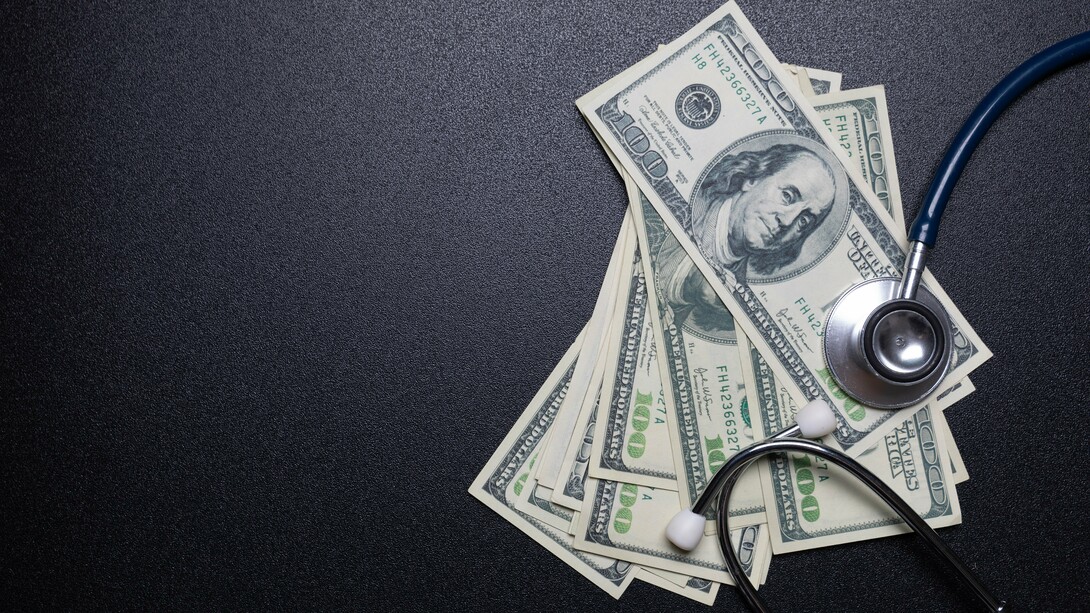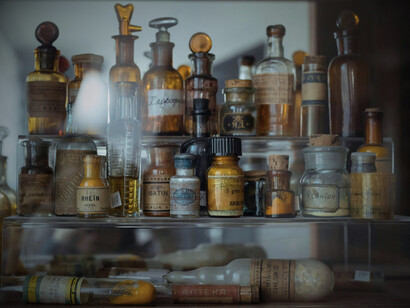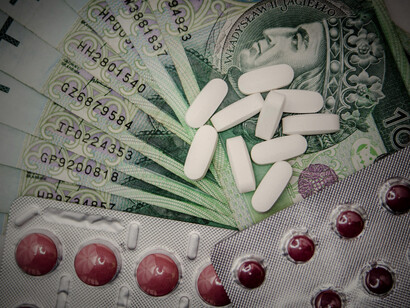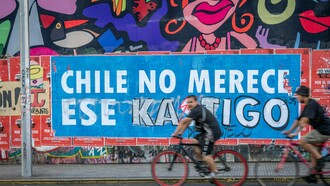Africa’s health sector is booming. Valued at over $100 billion and projected to double by 2030, the industry is one of the fastest growing on the continent. Nigeria’s private health sector alone is worth over $7 billion; South Africa spends 8.5% of GDP on healthcare, one of the highest rates in the developing world. Kenya has more than 12,000 licensed pharmacies, many crammed within walking distance of each other.
But this growth is deceptive. According to the World Health Organization (WHO), 15 million African households are pushed into poverty each year by out-of-pocket healthcare expenses. Access to more clinics and chemists does not mean better outcomes; rather, it often reflects systemic failure in public health provision, corruption, and a culture of profit that thrives on sickness.
Slums and self-medication
The paradox is clearest in slums. In Kibera (Kenya), Ajegunle (Nigeria), and Khayelitsha (South Africa), residents rely heavily on chemists for day-to-day treatment. Antibiotics, malaria drugs, and painkillers are sold without prescriptions, fuelling antimicrobial resistance. A 2022 Ghanaian study revealed that 70% of antibiotics were sold without prescriptions.
Self-medication is widespread. Families struggling to afford hospital visits buy pills in halves or quarters, relying on a pharmacist’s guesswork. While this gives short-term relief, it worsens illnesses long-term.
Insurance fraud and systemic abuse
Medical insurance schemes across Africa—meant to ease access—are plagued by fraud and inefficiency. In Kenya, the Social Health Authority (SHA) has uncovered billions of shillings in fake claims, while patients still face denied treatment or delayed reimbursements. Nigeria’s National Health Insurance Scheme (NHIS) has been riddled with 'ghost patients' and underfunded hospitals. South Africa’s medical aid premiums are among the highest globally, yet only 16% of the population can afford them.
Healthcare becomes a gamble: you pay, but when you fall sick, you may be left stranded.
Corruption and expired drugs
Corruption adds insult to injury. In 2023, it was revealed that billions worth of expired drugs were languishing in Kenya Medical Supplies Authority (KEMSA) warehouses, while hospitals nationwide faced acute shortages. Uganda saw COVID-19 relief funds mismanaged, leaving hospitals without oxygen during surges. In Ghana, investigative reporters exposed clinics billing health insurance for 'phantom patients.'
These scandals highlight a recurring tragedy: healthcare resources are wasted or stolen while citizens are left untreated.
Forgotten traditions: abandoning Africa’s own medicine
Alongside the rise of profit-driven healthcare, traditional African approaches to health and wellness are quietly disappearing.
Herbal clinics that once dotted villages in Tanzania, Nigeria, and Ethiopia are closing, dismissed as 'backward' or side-lined by governments. Indigenous knowledge—of herbs for fever, roots for infections, and diets for strength—is fading fast.
In the past, African lifestyles emphasized preventive health: balanced diets from subsistence farming, active daily routines, and herbal remedies that treated common ailments. Today, rapid urbanization, processed foods, sedentary lifestyles, and imported medicines dominate.
For example:
In Nigeria, 'Agbo,' a herbal drink used for malaria and general wellness, is now mostly sold in informal street stalls with little regulation.
In Kenya, herbalists complain that patients come only after expensive hospital visits fail, often when it’s too late.
South Africa’s muti markets—once thriving centres of herbal medicine—are shrinking as younger generations turn to pharmacies.
The tragedy is not just cultural loss but also economic: Africa’s herbal industry, if modernized and regulated, could be worth billions. Instead, it is side-lined while imported drugs enrich multinationals.
Lifestyles that invite illness
Modern African lifestyles have also become less healthy. Urban diets are dominated by processed foods and sugary drinks, contributing to rising obesity, diabetes, and heart disease. In South Africa, non-communicable diseases (NCDs) now account for 43% of all deaths; in Kenya, hypertension affects one in four adults.
Meanwhile, preventive health measures—regular exercise, clean environments, traditional diets rich in grains and vegetables—have been abandoned. This creates an endless cycle: sickness fuels demand for drugs, drugs fuel business growth, and business thrives on keeping populations unwell.
The human cost
The result is a deeply unequal health landscape:
A Kenyan nurse laments, 'We share walls with pharmacies that stock what our hospital cannot. Patients think we are hiding drugs."
A Ghanaian teacher complains, "Insurance here is a gamble. I pay, but when I’m sick, I fight to get cover."
A Nigerian mother says, "We go to chemists first because hospitals are too expensive. Sometimes it helps, sometimes it kills."
Across Africa, people’s frustration is the same: healthcare is not about health but about money.
A continental health paradox
The paradox of Africa’s health boom is striking: while facilities multiply and the industry grows, preventable illnesses still kill millions. The continent records some of the highest maternal and child mortality rates globally. Basic healthcare remains inaccessible for many, while elites fly abroad for treatment.
The health sector is profitable—but the people it serves are still sick.
Rethinking health: beyond the business model
Africa’s healthcare cannot be left to the free market alone. Governments need to:
Invest in prevention, especially sanitation, clean water, nutrition, and public health education.
Regulate chemists to curb reckless drug sales and self-medication.
Modernize herbal medicine by researching, regulating, and integrating it into mainstream systems.
Tackle corruption by strengthening accountability in procurement and insurance.
Expand universal health coverage so that no African must choose between food and medicine.
Conclusion
The booming number of hospitals, pharmacies, and clinics across Africa tells only half the story. Behind the neon signs and busy dispensaries lies a system where health is commodified, traditional wisdom is side-lined, and illness is the fuel for profit.
Until Africa embraces prevention, reclaims its own health traditions, and ensures affordable universal healthcare, the business of being sick will remain one of the continent’s most profitable—and most tragic—industries.















